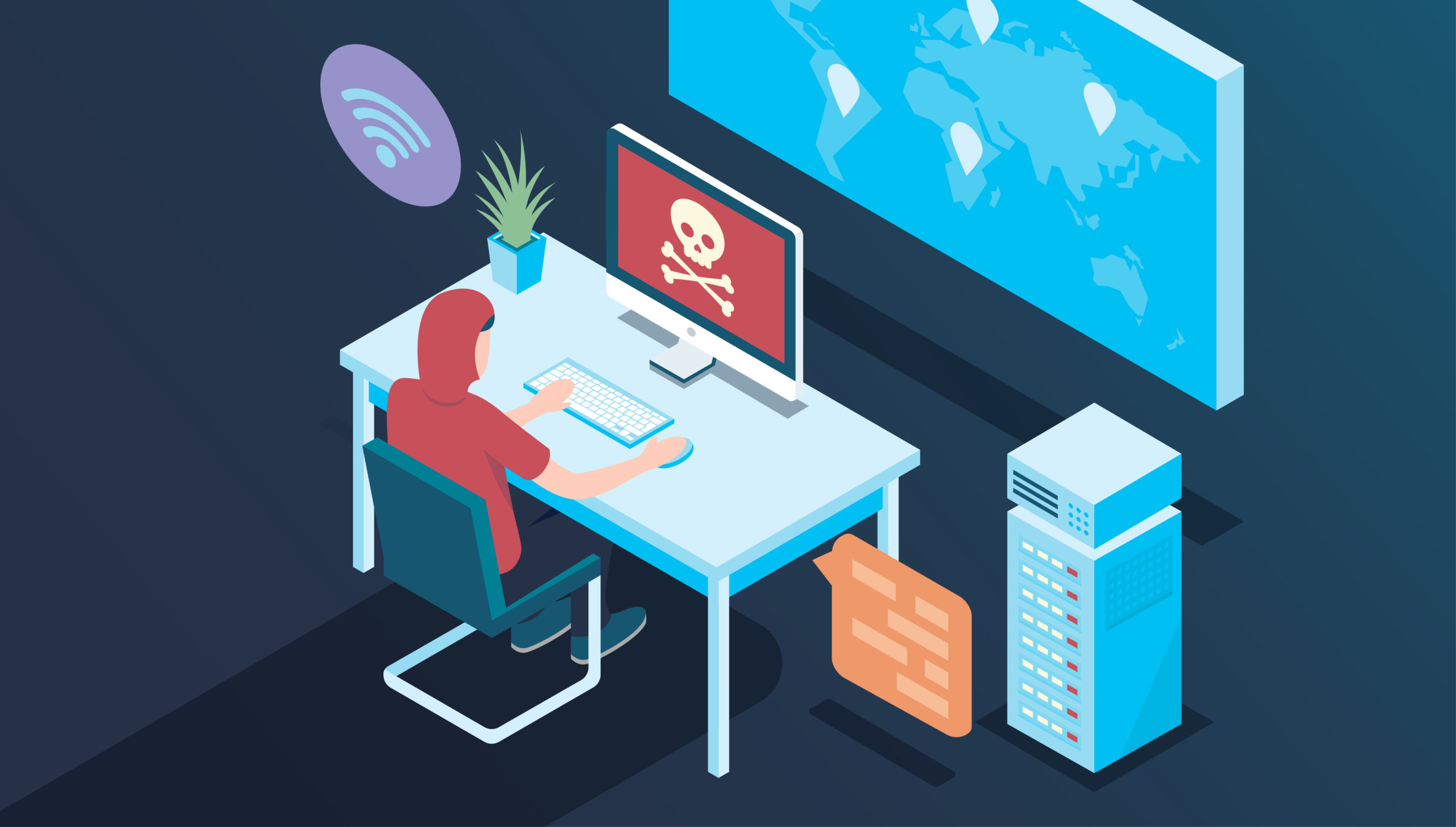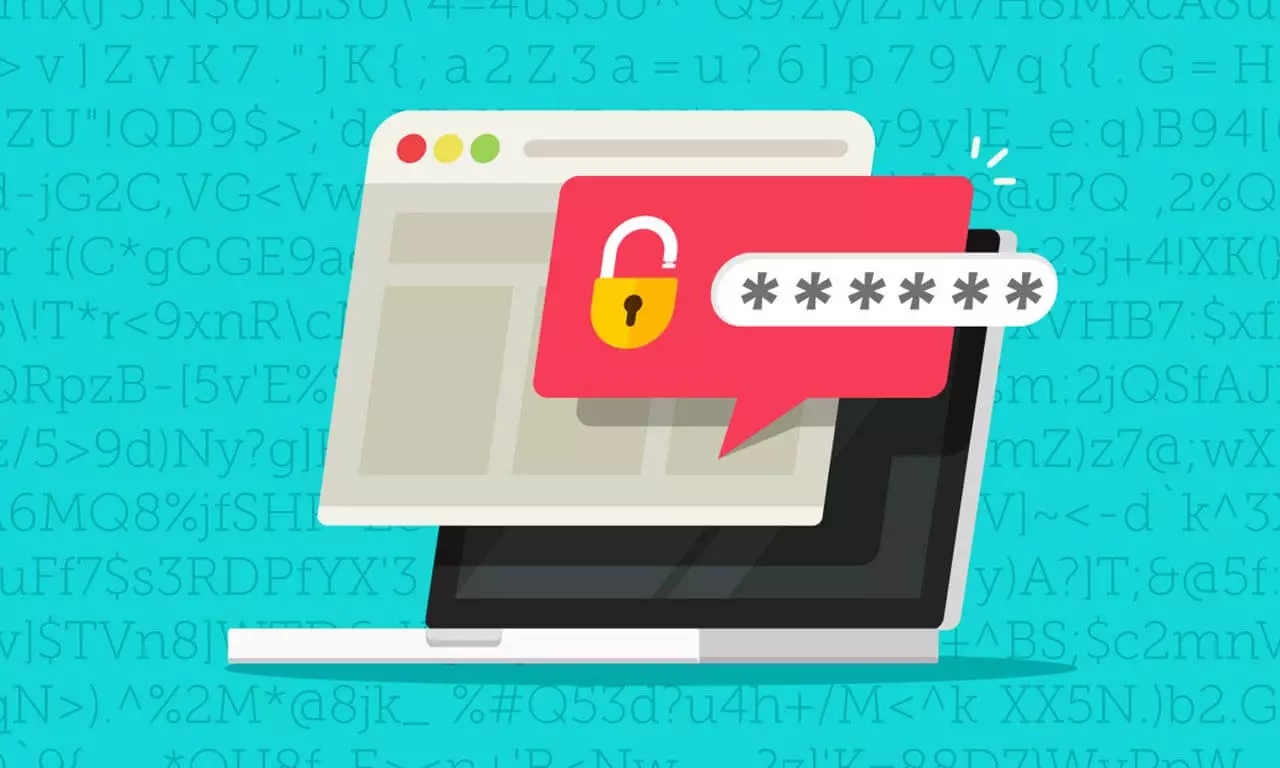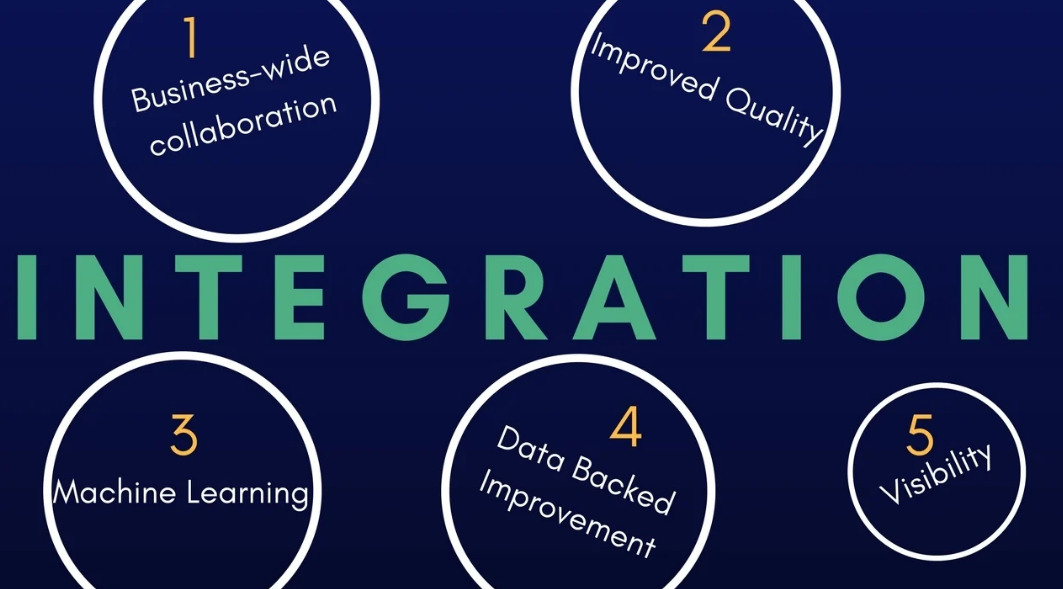Nowadays cybercrimes are on a rise. Hackers have become bolder and bolder, causing data breaches on an unprecedented scale. If you are a business holder, no doubt the threat of data breaches is always looming over. So how to protect your company’s data?
To understand how to protect the company data, it is first essential to understand how data breaches happen in the first place. The most prominent ways are:
- Physical actions: Some data breaches occur when the paperwork, laptops, or other storage devices are physically stolen, and the data is accessed and copied.
- Phishing: Another way is by Phishing. Cybercriminals may send an innocent-looking email. This will be a scam to get the password or other confidential information from the Company’s IT department.
- Human Error: Sometimes, data breaches or leaks can happen due to innocent human error and not maliciously. An employee might leave sensitive information for open view or might accidentally send it to the wrong person.

Now that the dangers to the company data are made aware, consider 5 important ways to protect the company data.
1- Protect Portable Devices
Since most of the company data is stored on laptops, drives, or other portable devices, it is crucial to have good anti-theft policies.
Reasonable security measures will prevent these devices from being stolen. Also, make sure the portable devices have complex passwords which cannot be guessed easily.
While disposing of old computers and other devices, the data needs to be wiped off completely. Sometimes deleting the files or formatting will not completely erase the data.
The same holds for any paperwork. It needs to be shredded correctly. It is suggested that a periodic review of data on the computers is done, and unnecessary data is deleted immediately. It is also good to have periodic data backups from remote systems so that the company does not lose any critical data during a virus attack or some other disaster.
2- Encrypt data
If the company uses wi-fi data, it is easy for cybercriminals to intercept it. In such cases, it is better to encrypt confidential data before being sent. There are also Remote Monitoring tools, wherein an IT service provider monitors the devices to prevent any accidental leakage of company data.
Today’s workforce is always on the move and due to the rise in remote work, encryption of sensitive company data is essential. In case of theft, encryption makes sensitive data inaccessible to intruders.
3- Take Expert Advice
Since an expert can find out where and how the data can be breached, it is vital to hire a consultant. The expert can check out the various ways and means that data can be breached and suggest appropriate ways to prevent it.
IT security risk assessments help to identify and evaluate cyber security risks and gather vulnerability related information. Working with the experts in this field will ensure your security systems are installed correctly and work efficiently. Developing a comprehensive strategy with the experts will ensure that the company is protected. By prioritizing the risks and threats, you can enhance the security system accordingly.
Outsourcing the company security to the experts will ensure all-around protection. Reports suggest that companies that have outsourced their endpoint protection have lower malware rates. They are fully competent to deal with such situations and no doubt your company will benefit in the long run.
4- Educate Employees
Employees need to be educated about the various risks involved while using file-sharing websites. Procedures and security standards can be created and strictly followed by all the employees.
Permissions for assessing specific data can be made available as per need-based. This will help a proactive approach to enforcing data privacy.
In addition, employees can be taught to create strong passwords, avoid getting scammed and detect any suspicious activity. Hence training employees on cybersecurity is essential.
5- Preparation
The hackers are becoming more and more sophisticated and targeting specific companies. In such situations, it is better to be prepared for an emergency attack. Invest in solid EDR solutions that can provide advanced algorithms for the detection and stopping of ransomware.
Also, more and more companies are embracing the BYOD policies (Bring your own device). This no doubt increases productivity and reduces costs but at the same time raises a question on security. For this, the company should formulate BYOD policies that guarantee that no sensitive data is leaked out.
Having transparency with the employees will help in compliance and building effective data protection policies.
Final Thoughts
To protect the company data, mentioned above are a few basic steps that the company can undertake. These preventive measures mainly involve defining sensitive data and using specialized software for protection. Also, establishing strong data protection policies and training the employees will help protect the company data in the long run.





